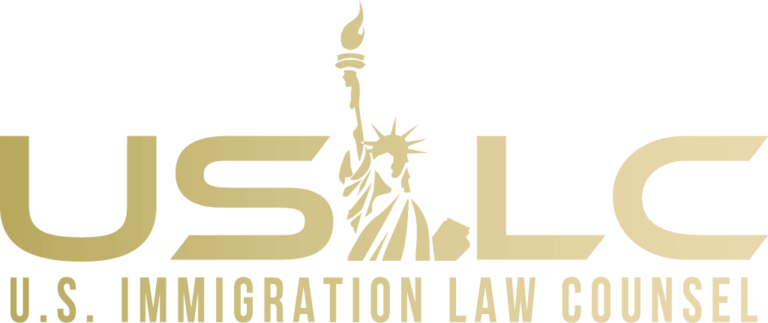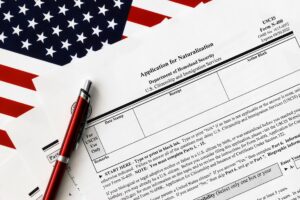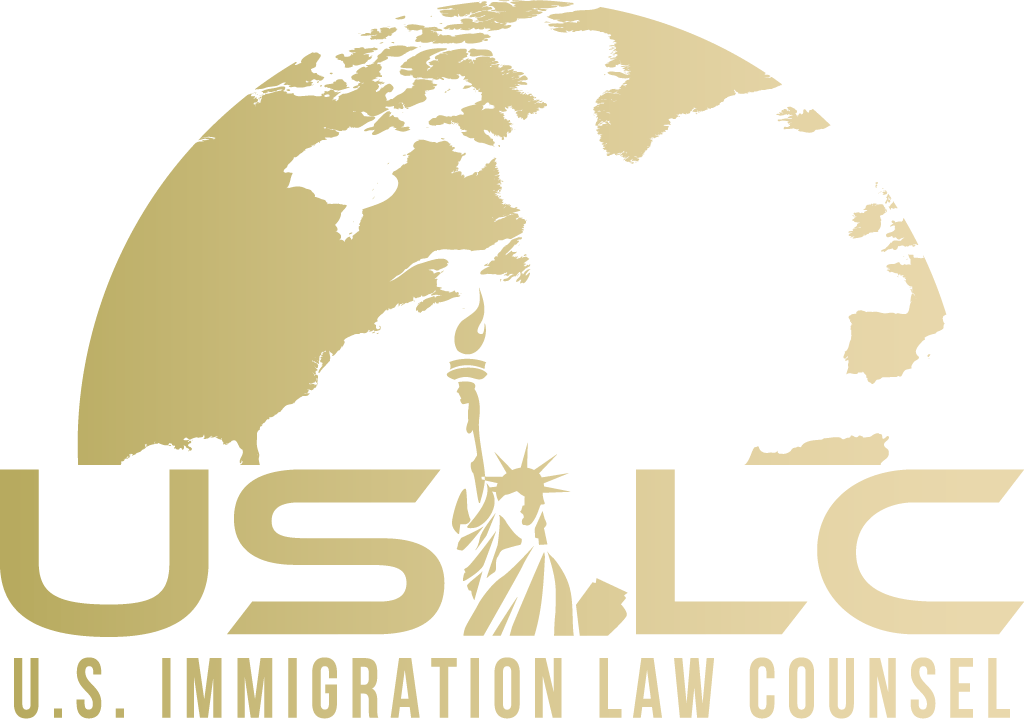Over 861,000 nonimmigrant visas were issued at US embassies and consulates across the globe in February 2024 alone. The majority of these were tourist visas issued to applicants wishing to visit the United States for business or pleasure. However, embassies and consulates also issued thousands of student visas and temporary employment visas to applicants in that time. Despite the millions of applicants who are fortunate enough to secure nonimmigrant visas annually, many face the reality of having their applications rejected. An applicant’s primary goal should be to convince the consular officers that they are unlikely to overstay their visas and remain in the U.S. once their temporary status expires.
There are a host of reasons why a US visa would be denied. Some of these reasons are more easily avoidable, while others may be based on circumstances that are difficult to overcome. It is important to understand what kind of information and documentation consular officers typically require and what may compel them to reject a visa application. This may help you to avoid some of the most common reasons for a visa denial.
What are the Possible Reasons for Visa Denials?
Applicant is unable to provide proof of strong ties to home country
Many visa applicants do not understand the level of importance that consular officers place on providing proof of strong ties to their home country. Consular officers will grant visas if an applicant has provided convincing evidence that they have ample ties to their home country that will compel them to return home after their temporary time in the U.S. This is a requirement not only for those seeking to visit the US as a tourist but also for students and temporary workers. If the consular officers determine that a person’s ties to their home country appear weak, then their US visa may be denied for that reason.
Consequently, when applying for a US visa, it is important that you provide sufficient supporting evidence to establish that you have strong ties to your home country. This will be especially vital if you already have close relatives living in the US since officers will take this into consideration. To help satisfy the officers that you will leave the US, you should provide documents such as proof of home ownership in your country or business ownership, job position, a marriage certificate, and your young children’s birth certificates.
Applicant is unable to demonstrate their intent to visit the US
Applicants must provide a sufficient reason for requesting a US visa. Even if an applicant only desires a tourist visa to visit relatives, friends, or a place, they must demonstrate to consular officers that the visit will only be for pleasure. In some cases, consular officers will also grant visas for medical trips. If the visa is for attending school, assuming a temporary work position, or another legitimate purpose, applicants must convince the officers that the visa will be used for that purpose and that they will leave the U.S. before their status expires.
Lack of proper supporting documents
An applicant must provide the type of supporting documents that will help consular officers determine if they qualify for the specific US visa they are seeking. This will help the applicant to avoid one of the most common reasons for US visa denials – a lack of sufficient supporting documents. The required documents to provide will depend on the type of visa that the applicant is seeking. Applicants should check the specific US consulates or embassy’s website where they have their interview to determine which documents they will need to submit.
Applicant may become a public charge while in the US
One of the most significant issues that consular officers take into consideration when it comes to processing visa applications relates to an applicant’s finances. Officers want to ensure that the financial documentation provided to support an application sufficiently proves that the applicant will not need to rely on public services during their time in the US. Consular officers will take into consideration factors such as the applicant’s financial status, assets, health status, age, and education when deciding if they are at high risk of becoming a public charge.
To reduce your chances of being denied a US visa due to insufficient proof of financial resources, you can present documents such as bank account statements showing enough funds to cover your expenses while in the US, as well as proof of your employment, salary, or wage, and proof of any assets you own.
Denial on health grounds
Consular Officers will deny an applicant’s US visa if the person has a communicable disease since this would be considered a public health risk. Applicants who have a physical or mental disorder or a drug addiction are also ineligible for visas.
Denial based on past illegal stays in the US
Applicants who have previously entered the US illegally or overstayed their status while in the US are considered ineligible for US visas. Just as being suspected of engaging in employment during a previous trip to the US can result in a temporary bar from entering the country, having an illegal entry or overstay on your record will also result in an automatic denial if you apply for a US visa.
Providing forged documents of false information (misrepresentations)
While errors such as not completing an application or omitting necessary documents will result in a rejection, one of the most damaging reasons why a visa would be denied is if an applicant provides consular officers with false information or documents. If an applicant has been found to have “willfully misrepresented a material fact or committing fraud,” it will result in being considered permanently ineligible to enter the U.S.
Once you have been accused of committing fraud or misrepresentation, any future visa applications you submit will be denied. Thus, even if you are tempted to present a forged document or one with false information on it or to be less than truthful on your visa application, it is never worth the risk. It is one of those denials that will prove extremely difficult or even impossible to overcome.
Having a criminal record
Having a criminal record can make applying for a US visa a complex and daunting process. Consular officers may consider the severity of the crime committed to determine if you should be granted a US visa. Nevertheless, when an applicant’s US visa is denied because they have a criminal record, it is more difficult to overcome than many of the other causes of denials. Some criminal offenses will automatically make an applicant ineligible for a US visa. Some of these types of crimes include:
- Crimes involving moral turpitude – serious offenses such as murder, manslaughter, rape, and kidnapping
- Drug and alcohol offenses – drug trafficking or possessing illegal drugs, driving under the influence or driving while intoxicated
- Other acts of physical violence – these include domestic violence, assault, or causing serious harm to another person
- Fraud – these types of crimes include tax or financial fraud and identity theft
What can Applicants do if Their Visa is Denied?
If your US visa has been denied for reasons such as failing to complete the application or providing sufficient documentation, or failing to establish that you will not become a public charge, you have the option of waiting for a sufficient amount of time and reapplying for the visa. Many applicants have been approved for a visa after being denied for those reasons.
If you are facing one of the less common reasons for a US visa denial, you may need to apply for a waiver of one of the grounds for inadmissibility before you can submit another application to a US consulate or embassy. However, these types of waivers can be challenging to prepare. If you need an immigration professional to assist you with the process, contact us today at U.S. Immigration Law Counsel. You can simply fill out our online form or contact us directly at 1-800-666-4996. We will review your specific circumstances and provide you with advice to help increase your chances of a visa approval.






